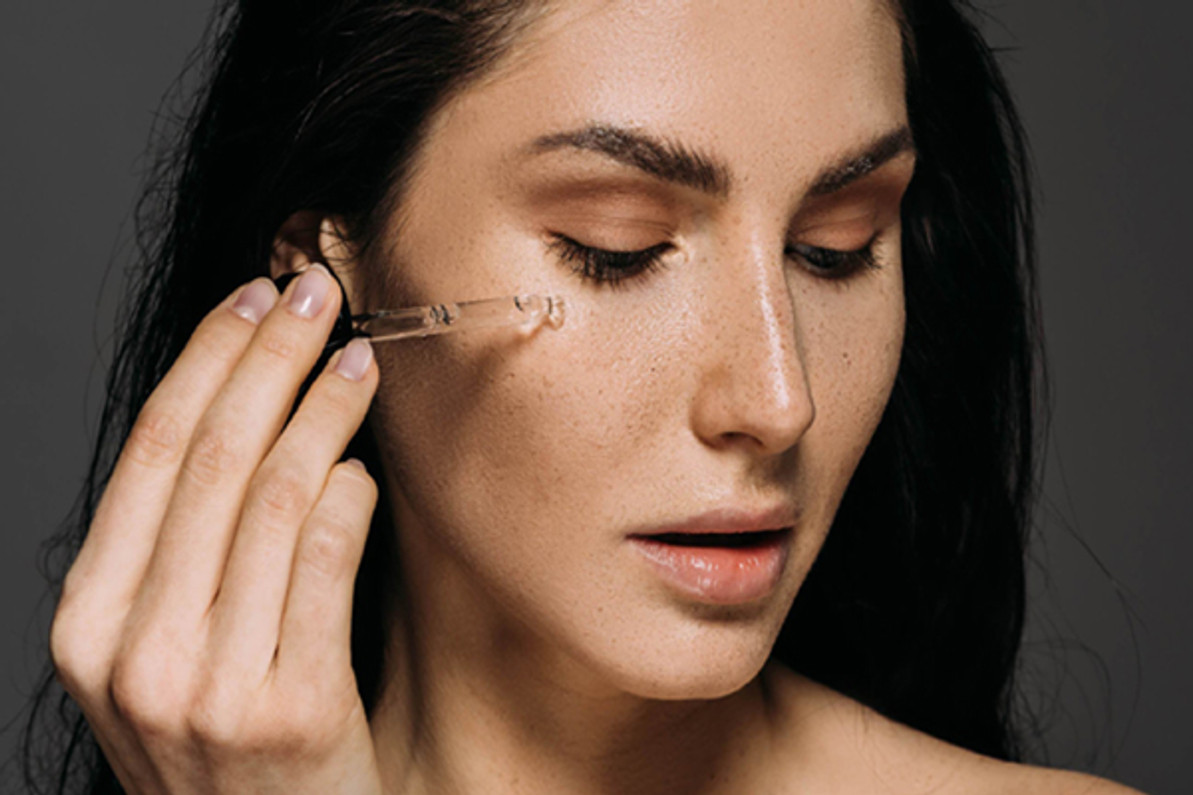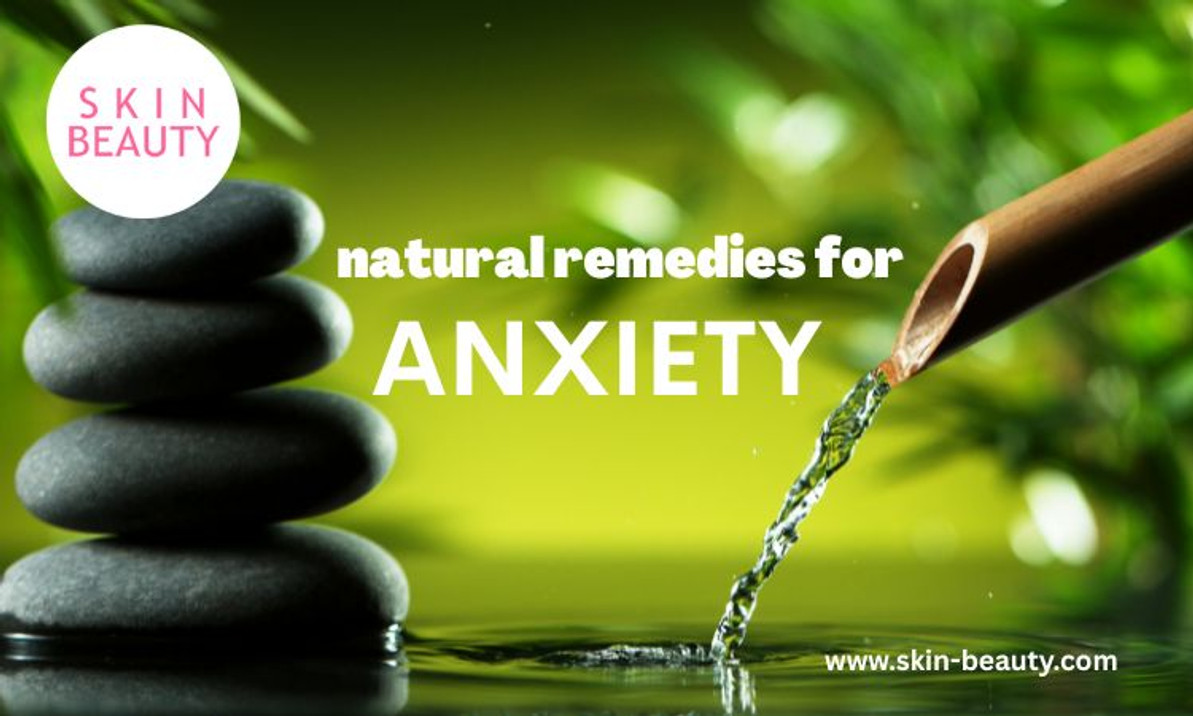The Complete Guide To Using Acids In Your Skin Care Routine
Using facial acids is an essential part of your skincare routine. Acids are powerful ingredients that can eliminate or aid with a unlimited of skin issues such as acne, dehydration, wrinkles, and hyper-pigmentation. All acids have their own benefits, and it essentially to add them to your skin care routine. However, they're not all created similarly so it's important to know which acids work best for your skin. Skin care acids also come in the different form of skin care products such as peels, masks, serum, and some special treatments.
In this article, we will help you find the right acids for your skin type and show the complete guide how to use facial acids in your skin care routine to get a glowing and healthy skin
#1. Glycolic Acid or Alpha Hydroxy Acids( AHA)
Alpha hydroxy acids (AHA) are a group of natural acids found in foods. They are used to exfoliate the top layer of the skin, dead skin cells.
There are several types of alpha hydroxy acids used for skin care like citric , mandelic , or lactic acid, but the most popular one is glycolic acid. Glycolic Acid is the holy grail for exfoliation. Glycolic acid get in your skin’s surface deeper than other AHAs and cleans out your pores easily. Glycolic acid tend to loosens up and dissolves all of the sebum blocking your glow, so your skin will be more radiant complexion, and a softer surface
Used for:
- dry skin
- wrinkled skin
- acne
#2. Salicylic Acid or Beta Hydroxy Acids (BHA)
Beta Hydroxy Acids exfoliate inside the pores, so they are great for keeping pores clear and preventing acne. The most familiar BHA is salicylic acid, it can be found in almost every drug store and many higher end acne treatment products. Salicylic acid is used for anti-bacterial, anti-inflammatory, anti-acne, and exfoliating. It loosens up
dead skin cells on skin surface to relieve clogged pores and blackheads, reduces bacterial growth on skin surface and in oil glands.
Used for:
- acne-prone skin (blackheads and whiteheads)
- unclogging pores for oily
#3. Hyaluronic Acid
Hyaluronic acid is naturally produced in our body, and is what helps gives our skin a youthful glow. However, as we age, the amount of hyaluronic acid in our body produces reduces, which can leave us with duller-looking skin. Skin care products or diet supplement containing hyaluronic acid can improve the skin’s ability to absorb and retain water to keep it looking plump and hydrated.
Used for
- hydrating dry
- dull skin
- plumping fine lines
- wrinkles
#4. L-Ascorbic Acid (VITAMIN C)
Vitamin C or L-Ascorbic acid is known for its powerful antioxidant benefits. it also helps neutralize free radicals to protect against oxidative stress and provides visible anti-aging benefits. L-Ascorbic Acid product dramatically decreases dark spots and hyper-pigmentation while protecting your skin from free radicals and sun damage
Vitamin C is a powerful antioxidant found in any skin care form like serums, exfoliants, and moisturizers. Serum is the best form of vitamin C and it is recommend to use in the morning before applying moisturizer and sunscreen. Vitamin C is generally working well with all skin types, and gives the best result if you’re looking to address hyper-pigmentation concerns or brightening skin .
Used for:
- uneven skin tone
- hyper-pigmentation
- wrinkle
#5. Retinoic acid
Retinoic acid is a metabolite of vitamin A that helps increase collagen production and stimulate cell turnover. Retinoids work by prompting surface skin cells to turn over and die rapidly, making way for new cell growth underneath. Retinoic acid is one of the best products for aging skin. Since retinoic acid stimulates the production of new blood vessels in the skin, which improves skin color, it also used for uneven skin concerns. Retinoic acid products are recommended to used at night and start with a low concentration and increasing slowly.
Some retinoids, such as retinoic acid (tretinoin), are available with a prescription only.
Used for:
- wrinkle
- hyper-pigmentation
- uneven skin tone
While all facial acids can be really effective for some certain skin types, there’s no one size fits all when it comes to addressing skincare concerns. Some concentrated acids may not be recommended for people with sensitive skin or for people with skin conditions like rosacea, eczema or psoriasis. Make sure to talk to a dermatologist before you take the and skin care acids.
Recent Posts
-
Natural Remedies for Anxiety
Natural Remedies for Anxiety Everyone experiences anxiety symptoms every now and then. We live in a …Mar 28th 2025 -
Hair Loss Treatment
Hair Loss Treatment for Every Stage of Thinning Hair Hair loss is a common concern that affects mill …Mar 18th 2025 -
The Best Face Sunscreen Protection
The Best Face Sunscreen Protection: Top Picks for Every Skin Type Summer is just around the corner! …Mar 10th 2025





